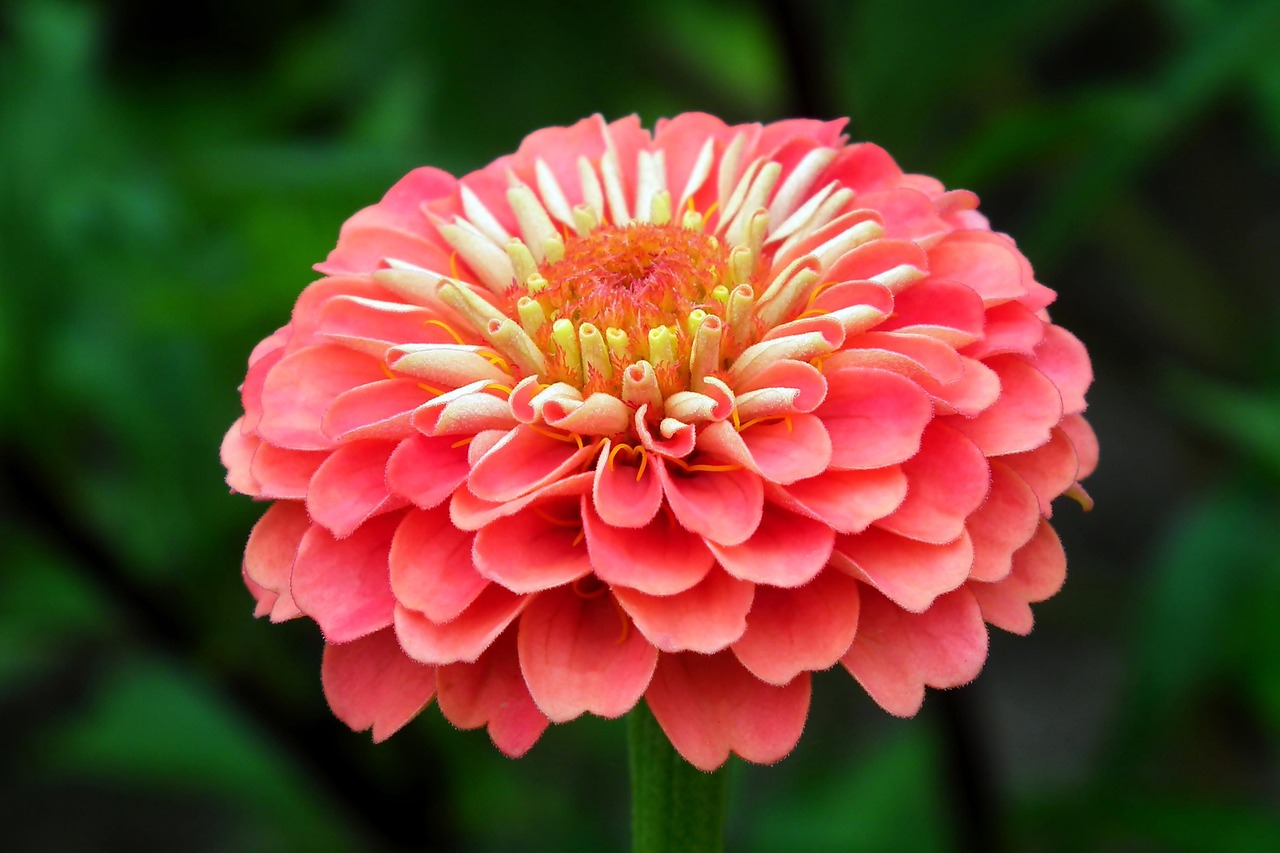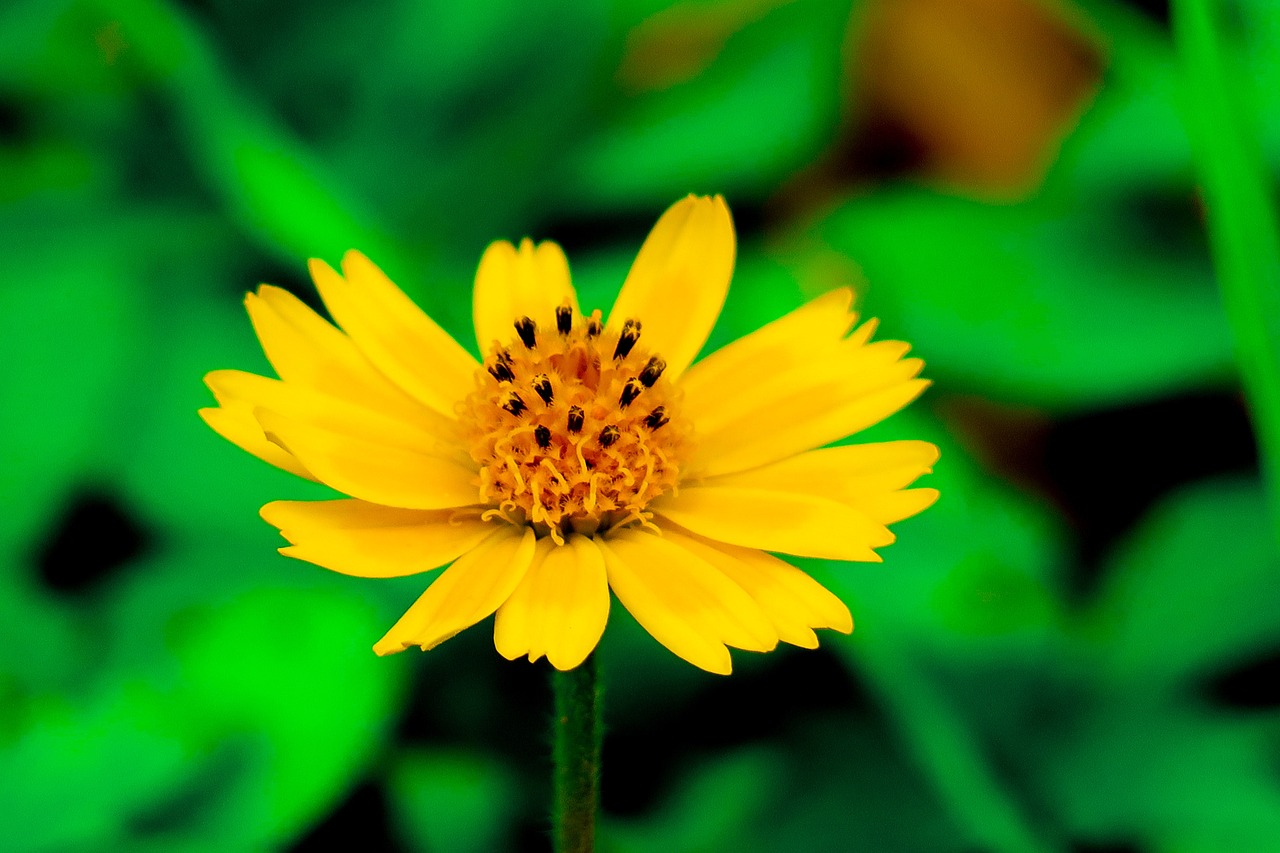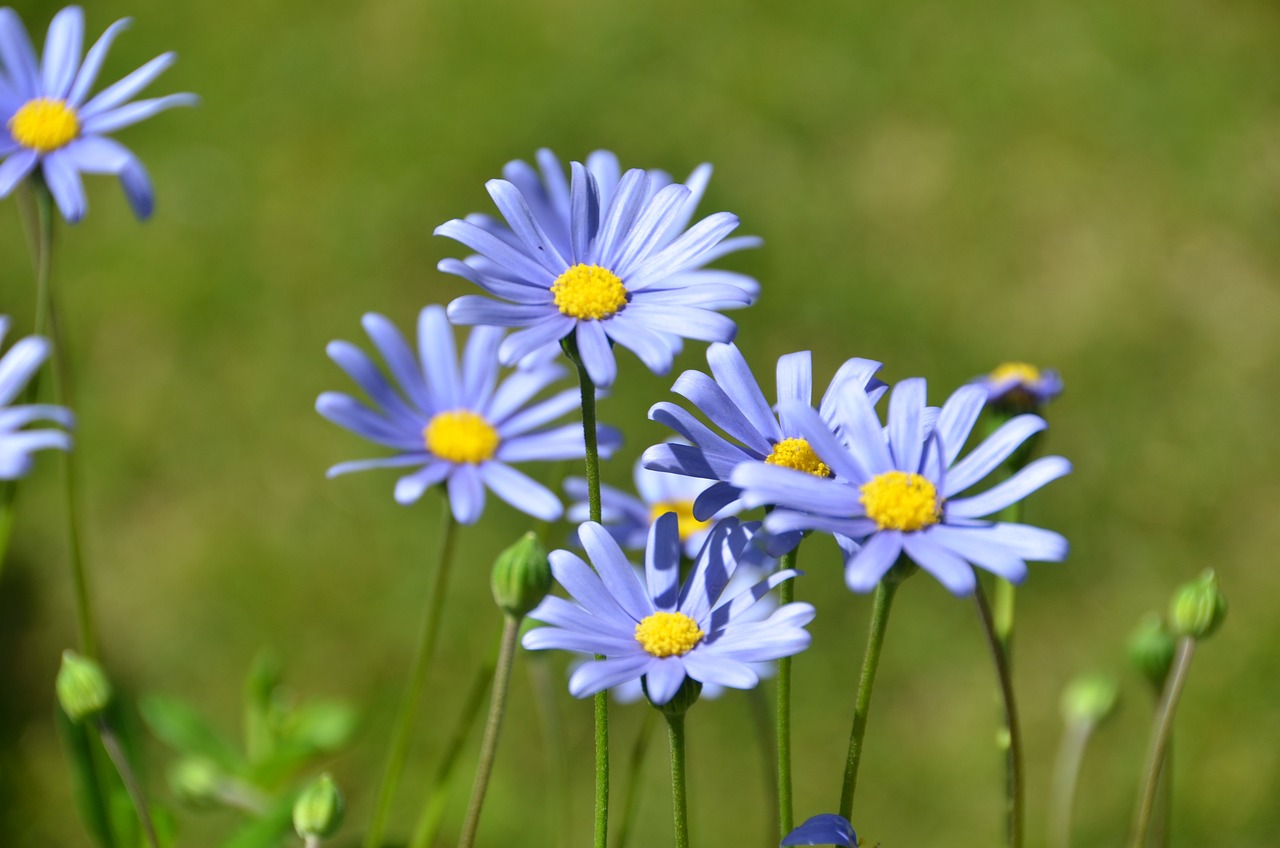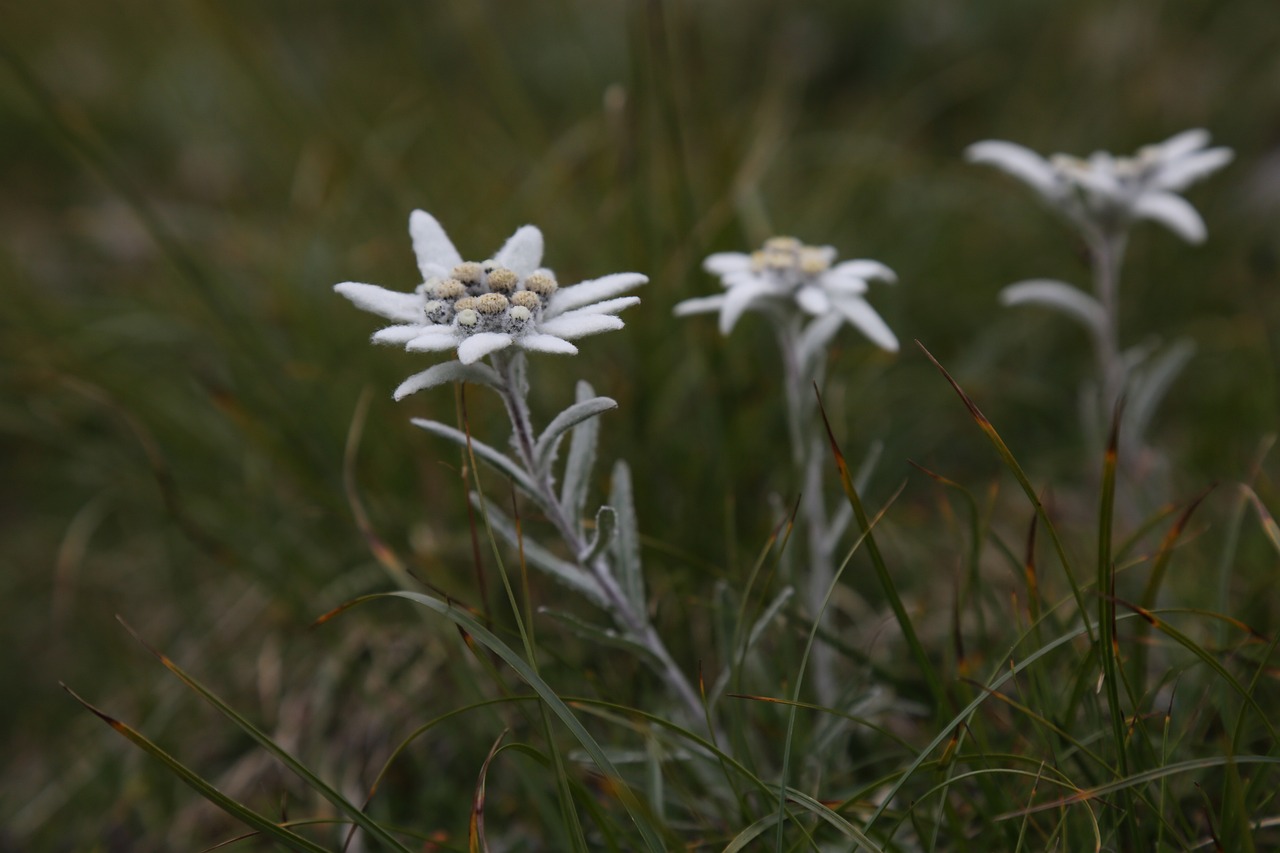Liatris | From the American Prairies to the European Gardens: The Purple Vertical Waves
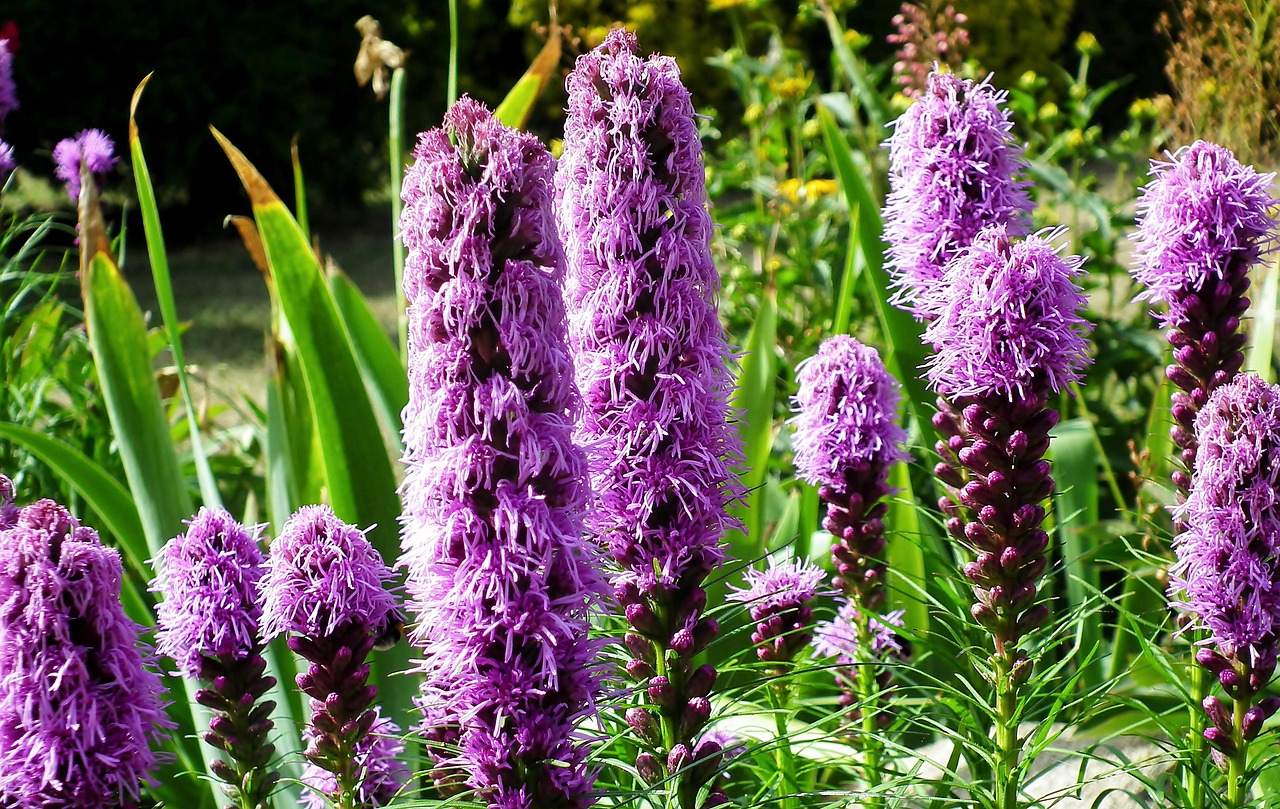
Liatris is a perennial plant that produces dense clusters of small purple or pink flowers along slender spikes.
The upright flowers that bloom along its tall stems create a distinctive form among herbaceous plants, making Liatris a beloved feature that adds a three-dimensional accent to gardens.
In this article, I explain the essential information about Liatris, its cultural and historical background, as well as practical tips for cultivation.
Basic Information
- Scientific name: Liatris spicata
- Family: Asteraceae
- Origin: North America
- Appearance: Characterized by brush-like vertical flower spikes arranged along tall, straight stems. The flowers appear in purple, pink, or white, while the narrow leaves grow closely attached to the stem.
- Blooming season: Summer (June–August)
- Height: 60–100 cm
Cultural Significance Around the World
Liatris, originally native to North America, was familiar to Indigenous peoples as a wild plant.
It later spread to Europe and Asia as an ornamental plant and is now enjoyed worldwide in gardens.
In the United States, it is considered one of the symbolic plants of the prairies and is indispensable for creating naturalistic garden landscapes.
In Europe, it is often used in flowerbeds and as cut flowers. Its upright form conveys a dignified impression, making it a favorite choice in formal garden designs.
Historical Background
Liatris became known in Europe in the late 18th century, when flora from North America was first introduced.
At that time, plants from the New World attracted great attention for their unfamiliar beauty, and Liatris was one of them.
By the 19th century, it was cultivated extensively as a garden plant, frequently incorporated into flowerbeds.
In the 20th century, breeding efforts produced more colorful and resilient varieties, leading to its widespread use in home gardening.
Today, it is highly valued in naturalistic and ecological garden designs that incorporate wild plants.
Gardening Advice
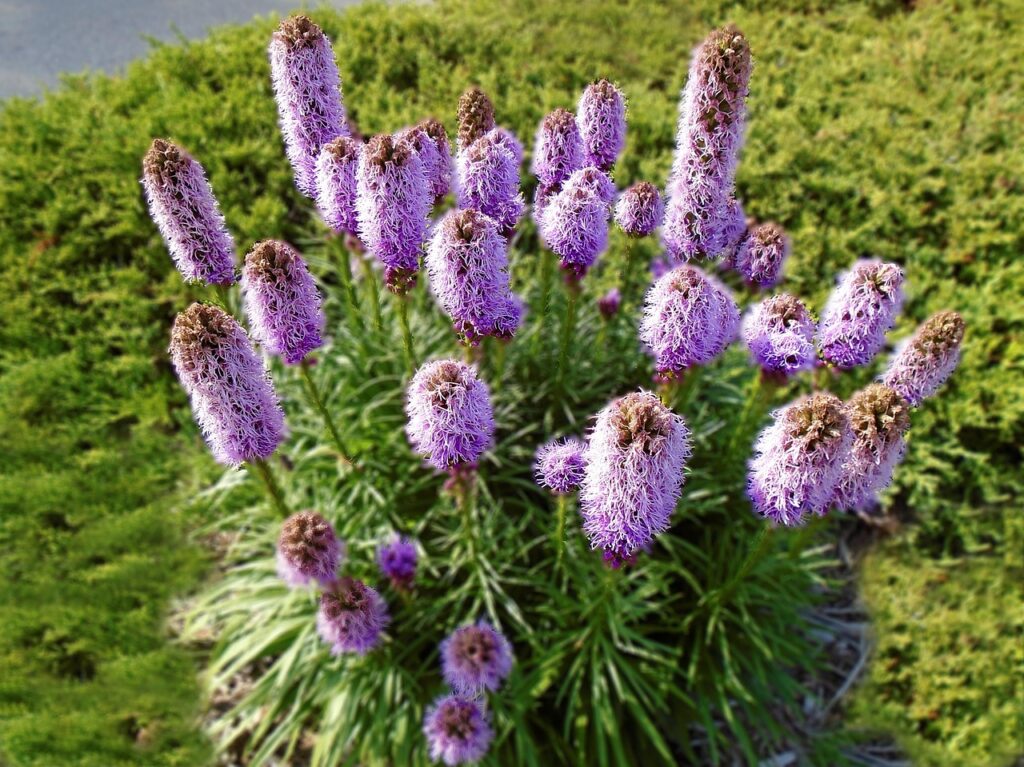
Liatris is relatively easy to grow and suits both flowerbeds and containers. By following the guidelines below, I can ensure its healthy growth and abundant flowering.
Sunlight
Liatris thrives in full sun. At least half a day of direct sunlight is recommended for optimal flowering and stem growth.
Watering
Water thoroughly when the soil surface becomes dry, but avoid overwatering. For container plants, water until it drains from the bottom, and ensure no water remains in the saucer.
Soil
Well-drained soil is essential. Sandy soil or loam mixed with compost works well. Avoid heavy soils to prevent waterlogging.
Fertilization
Apply slow-release fertilizer at planting time, followed by monthly feeding. Avoid excessive fertilization, which can weaken growth.
Staking
Since the stems grow tall, I recommend using stakes in windy areas to prevent lodging.
Winter Care
As the underground corm survives the winter, the plant regrows in spring even if the top dies back in cold climates. For container plants, move them to frost-free areas or apply mulch for insulation.
Conclusion
Liatris, with its striking vertical flower spikes, adds a graceful rhythm to summer gardens.
Although native to North America, it has become firmly established as an ornamental plant in Europe and Asia, widely appreciated in flowerbeds and as cut flowers.
Since its introduction to Europe in the 18th century, its unique appearance has attracted gardeners’ attention, and today it remains a valued feature in naturalistic and ecological gardens.
Combining beauty of form with ease of cultivation, Liatris continues to be cherished as a plant that brings vibrant charm to summer gardens.

